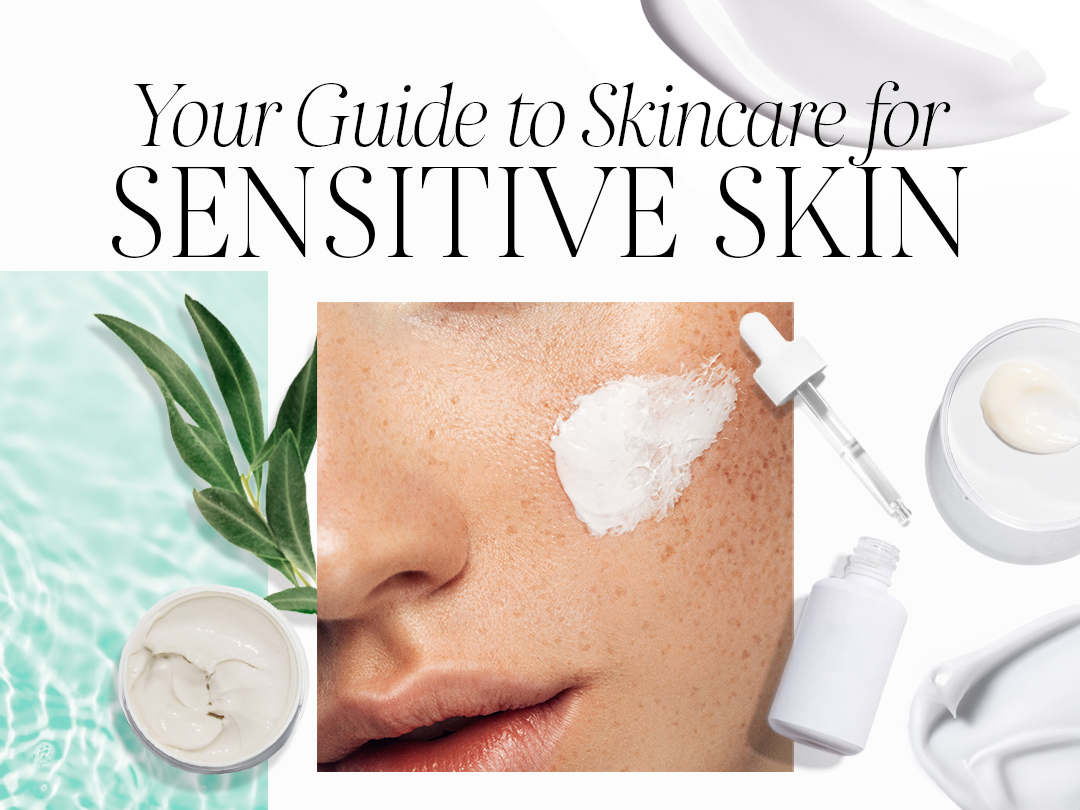Hello, in this particular article you will provide several interesting pictures of best skincare for redness sensitive skin. We found many exciting and extraordinary best skincare for redness sensitive skin pictures that can be tips, input and information intended for you. In addition to be able to the best skincare for redness sensitive skin main picture, we also collect some other related images. Find typically the latest and best best skincare for redness sensitive skin images here that many of us get selected from plenty of other images.
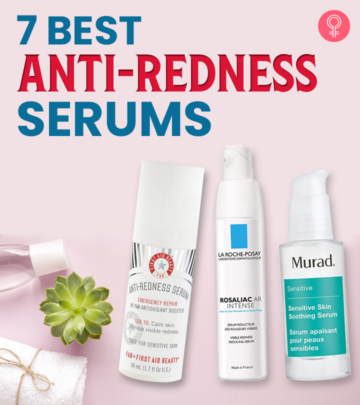 We all hope you can get actually looking for concerning best skincare for redness sensitive skin here. There is usually a large selection involving interesting image ideas that will can provide information in order to you. You can get the pictures here regarding free and save these people to be used because reference material or employed as collection images with regard to personal use. Our imaginative team provides large dimensions images with high image resolution or HD.
We all hope you can get actually looking for concerning best skincare for redness sensitive skin here. There is usually a large selection involving interesting image ideas that will can provide information in order to you. You can get the pictures here regarding free and save these people to be used because reference material or employed as collection images with regard to personal use. Our imaginative team provides large dimensions images with high image resolution or HD.
 best skincare for redness sensitive skin - To discover the image more plainly in this article, you are able to click on the preferred image to look at the photo in its original sizing or in full. A person can also see the best skincare for redness sensitive skin image gallery that we all get prepared to locate the image you are interested in.
best skincare for redness sensitive skin - To discover the image more plainly in this article, you are able to click on the preferred image to look at the photo in its original sizing or in full. A person can also see the best skincare for redness sensitive skin image gallery that we all get prepared to locate the image you are interested in.
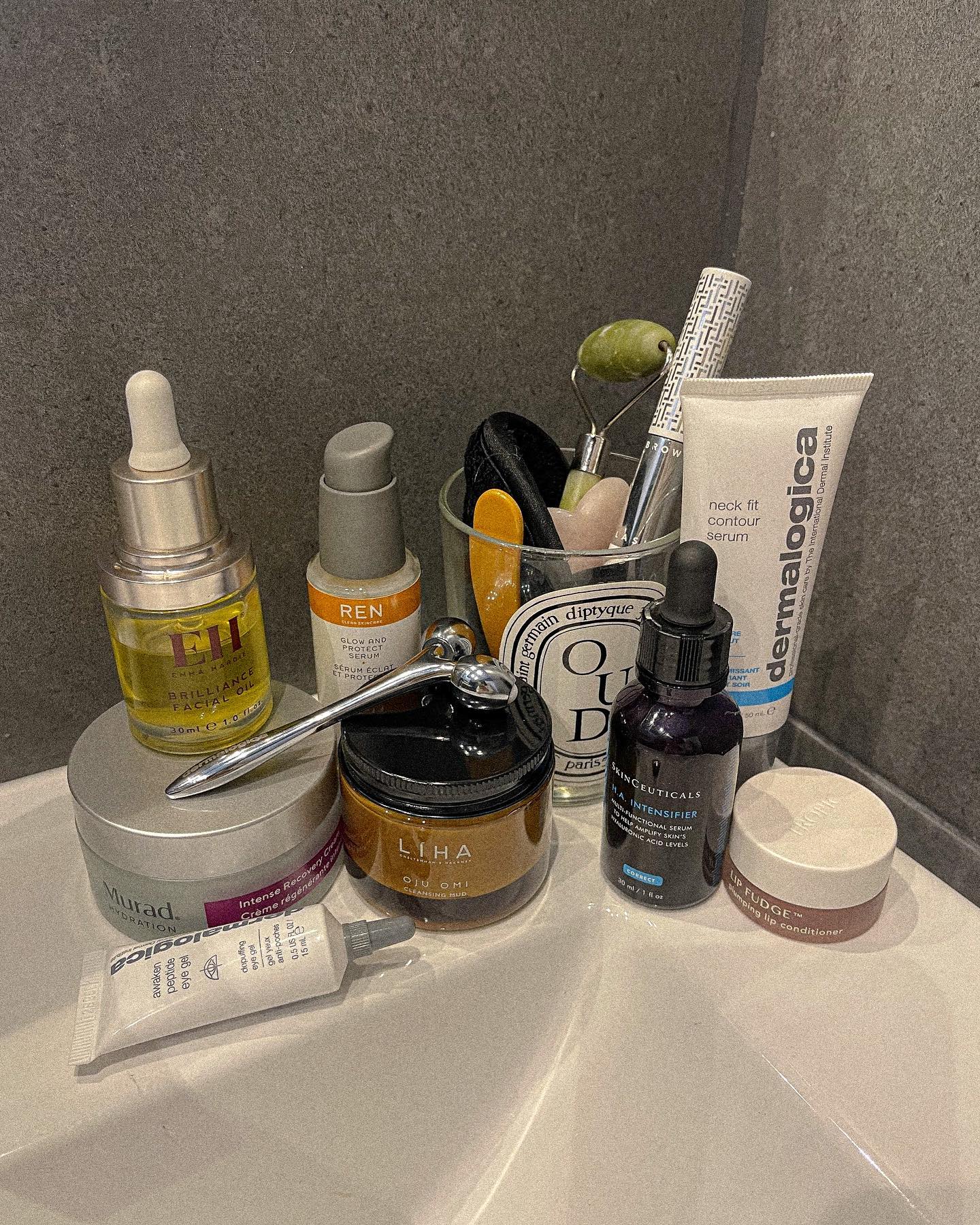 We all provide many pictures associated with best skincare for redness sensitive skin because our site is targeted on articles or articles relevant to best skincare for redness sensitive skin. Please check out our latest article upon the side if a person don't get the best skincare for redness sensitive skin picture you are looking regarding. There are various keywords related in order to and relevant to best skincare for redness sensitive skin below that you can surf our main page or even homepage.
We all provide many pictures associated with best skincare for redness sensitive skin because our site is targeted on articles or articles relevant to best skincare for redness sensitive skin. Please check out our latest article upon the side if a person don't get the best skincare for redness sensitive skin picture you are looking regarding. There are various keywords related in order to and relevant to best skincare for redness sensitive skin below that you can surf our main page or even homepage.
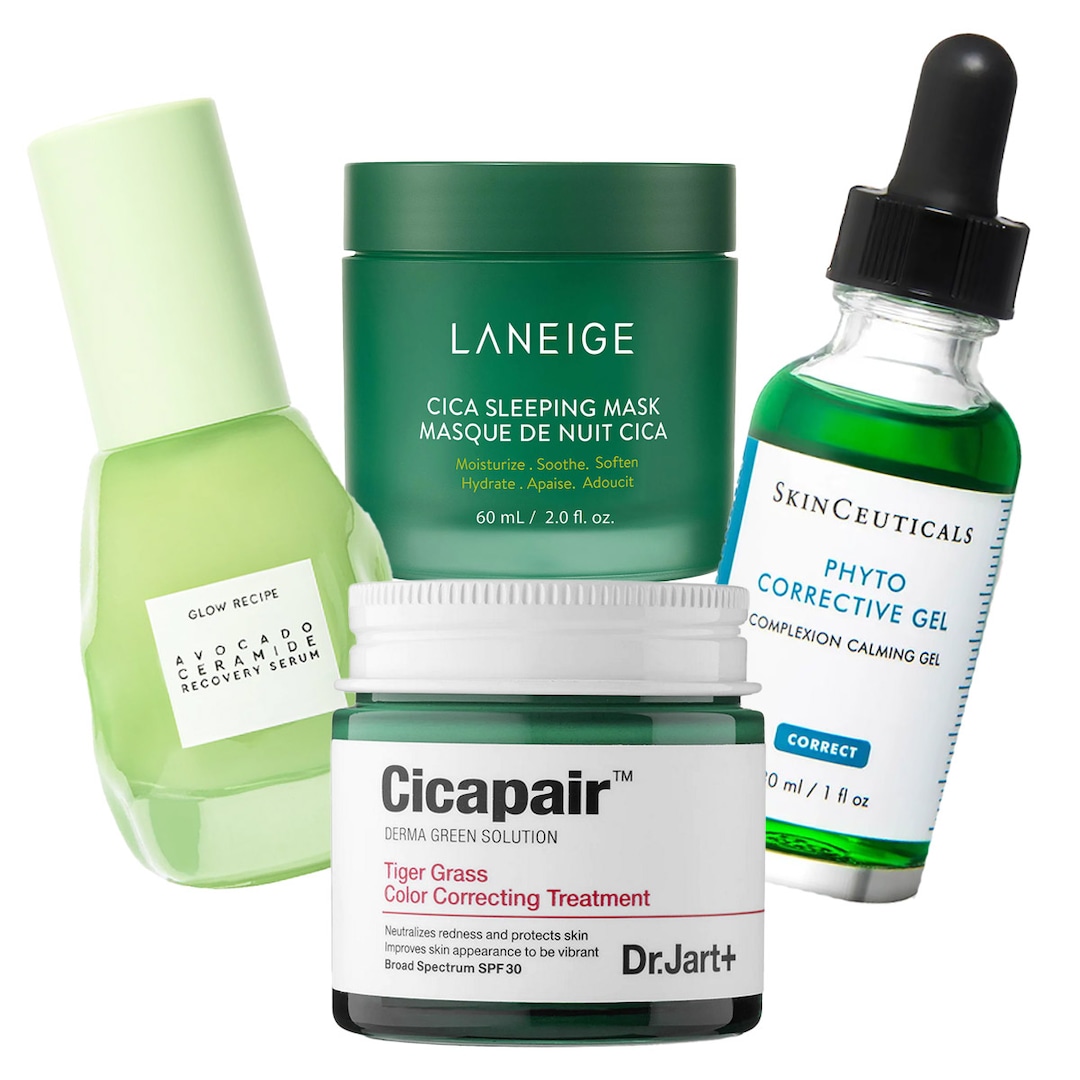 Hopefully you discover the image you happen to be looking for and all of us hope you want the best skincare for redness sensitive skin images which can be here, therefore that maybe they may be a great inspiration or ideas throughout the future.
Hopefully you discover the image you happen to be looking for and all of us hope you want the best skincare for redness sensitive skin images which can be here, therefore that maybe they may be a great inspiration or ideas throughout the future.
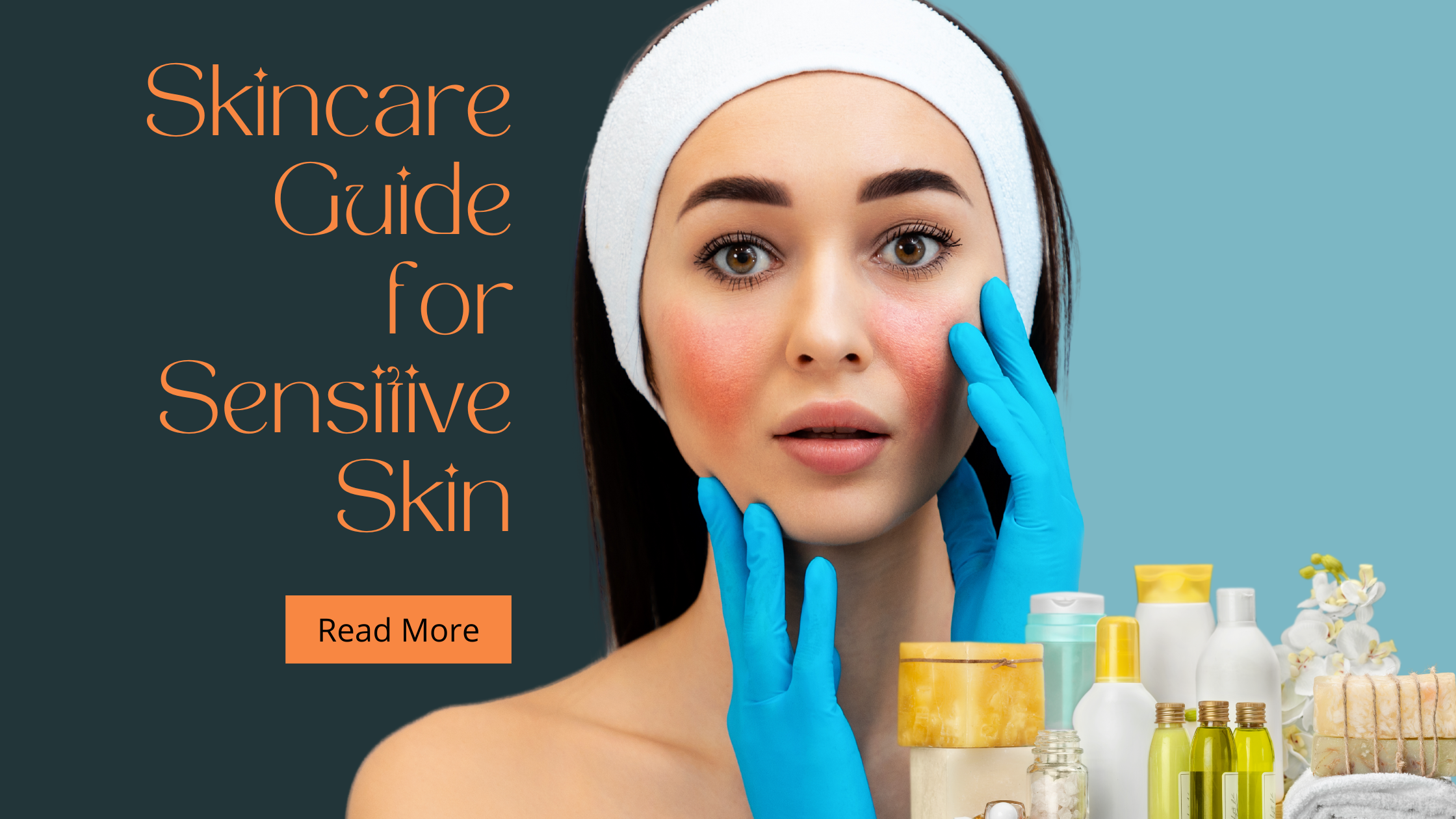 All best skincare for redness sensitive skin images that we provide in this article are usually sourced from the net, so if you get images with copyright concerns, please send your record on the contact webpage. Likewise with problematic or perhaps damaged image links or perhaps images that don't seem, then you could report this also. We certainly have provided a type for you to fill in.
All best skincare for redness sensitive skin images that we provide in this article are usually sourced from the net, so if you get images with copyright concerns, please send your record on the contact webpage. Likewise with problematic or perhaps damaged image links or perhaps images that don't seem, then you could report this also. We certainly have provided a type for you to fill in.
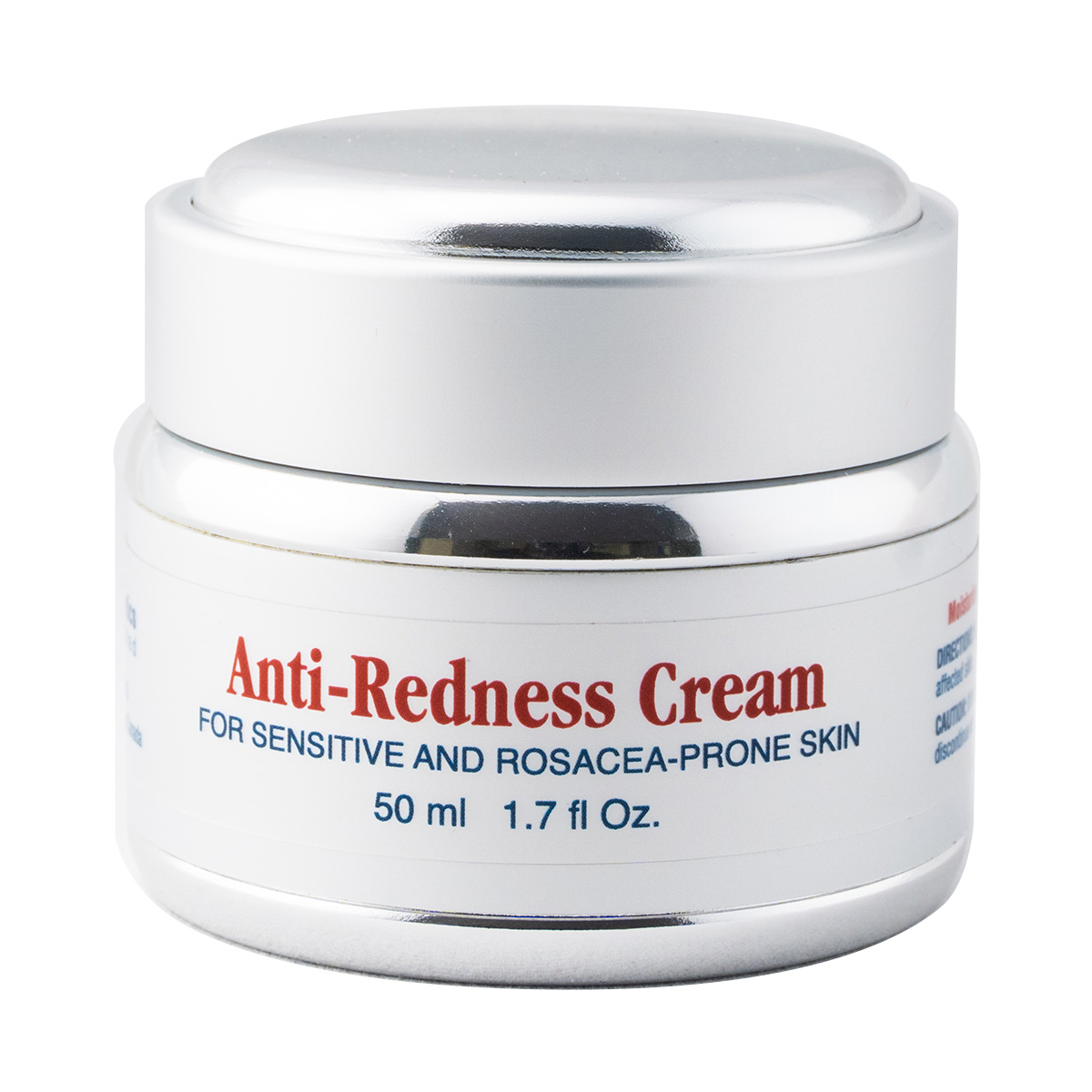 The pictures related to be able to best skincare for redness sensitive skin in the following paragraphs, hopefully they will can be useful and will increase your knowledge. Appreciate you for making the effort to be able to visit our website and even read our articles. Cya ~.
The pictures related to be able to best skincare for redness sensitive skin in the following paragraphs, hopefully they will can be useful and will increase your knowledge. Appreciate you for making the effort to be able to visit our website and even read our articles. Cya ~.
 Best skin care for sensitive red skin | Skin Clinica | Australia
Best skin care for sensitive red skin | Skin Clinica | Australia
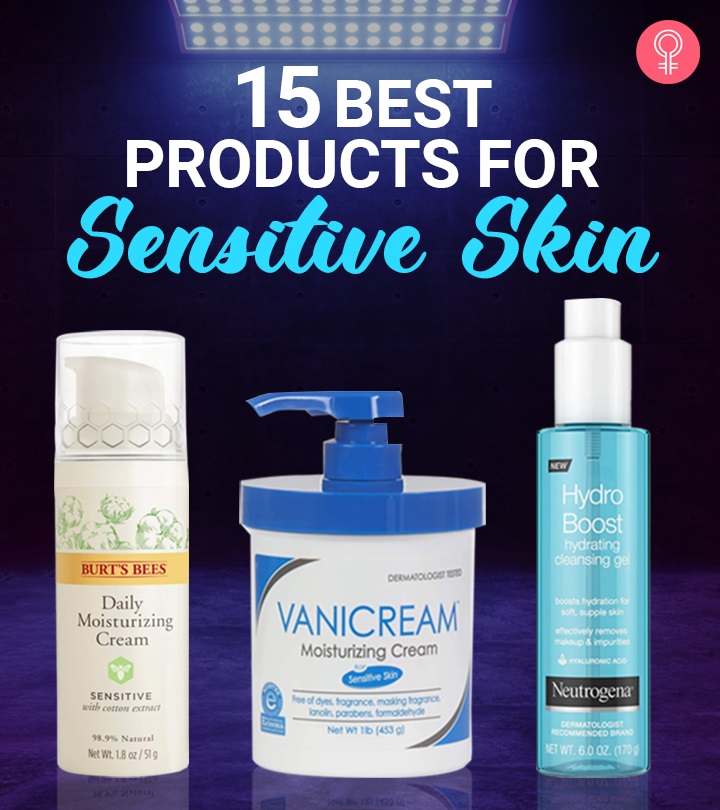 15 Best Products For Sensitive Skin To Add To Your Skin Care List
15 Best Products For Sensitive Skin To Add To Your Skin Care List
 10 Best Anti Redness Cream Products (With Reviews) | Anti redness
10 Best Anti Redness Cream Products (With Reviews) | Anti redness
 19 Best Skincare Products for Redness, Editor-Tested | Who What Wear
19 Best Skincare Products for Redness, Editor-Tested | Who What Wear
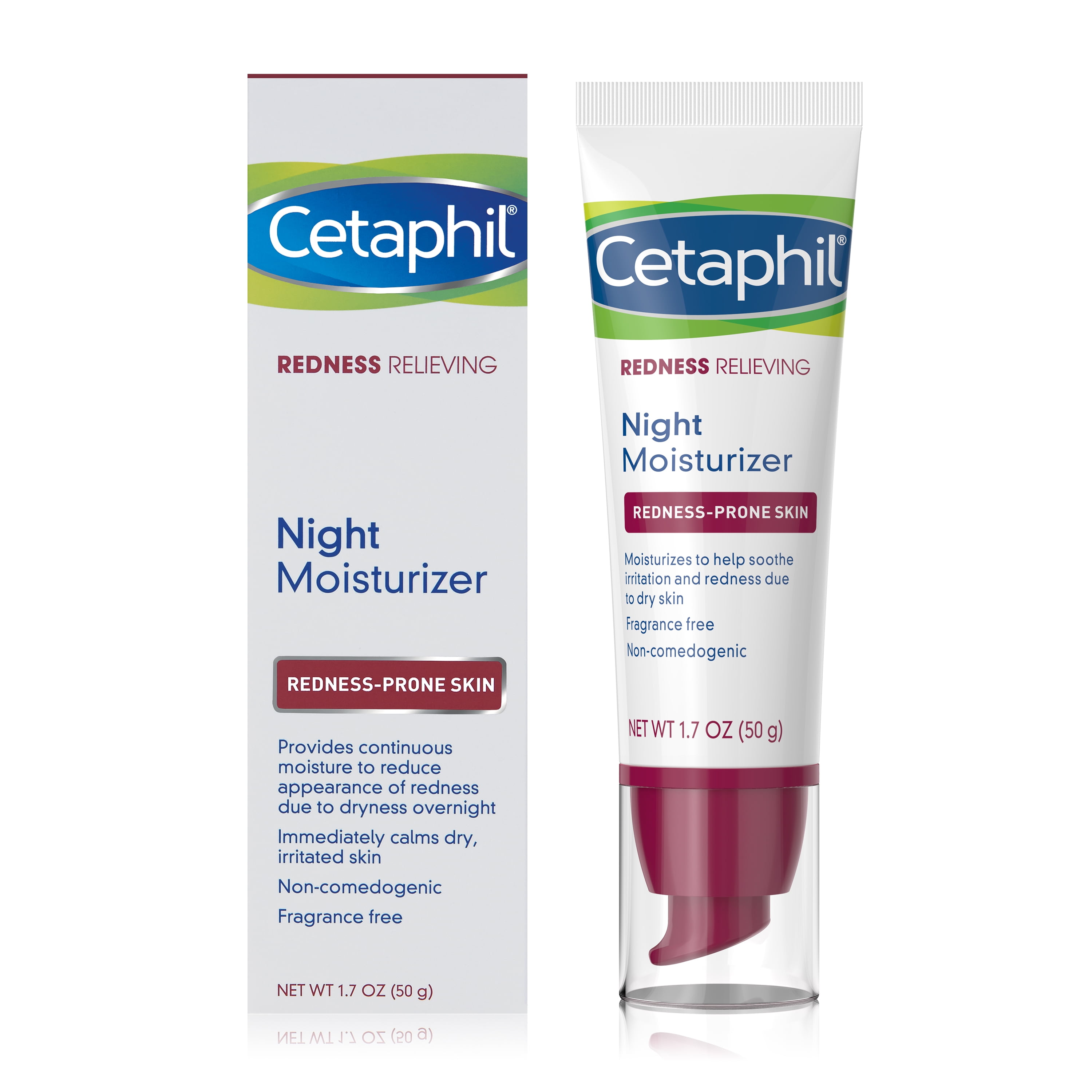 Cetaphil Redness Relieving Night Moisturizer, For Redness Prone Skin, 1
Cetaphil Redness Relieving Night Moisturizer, For Redness Prone Skin, 1
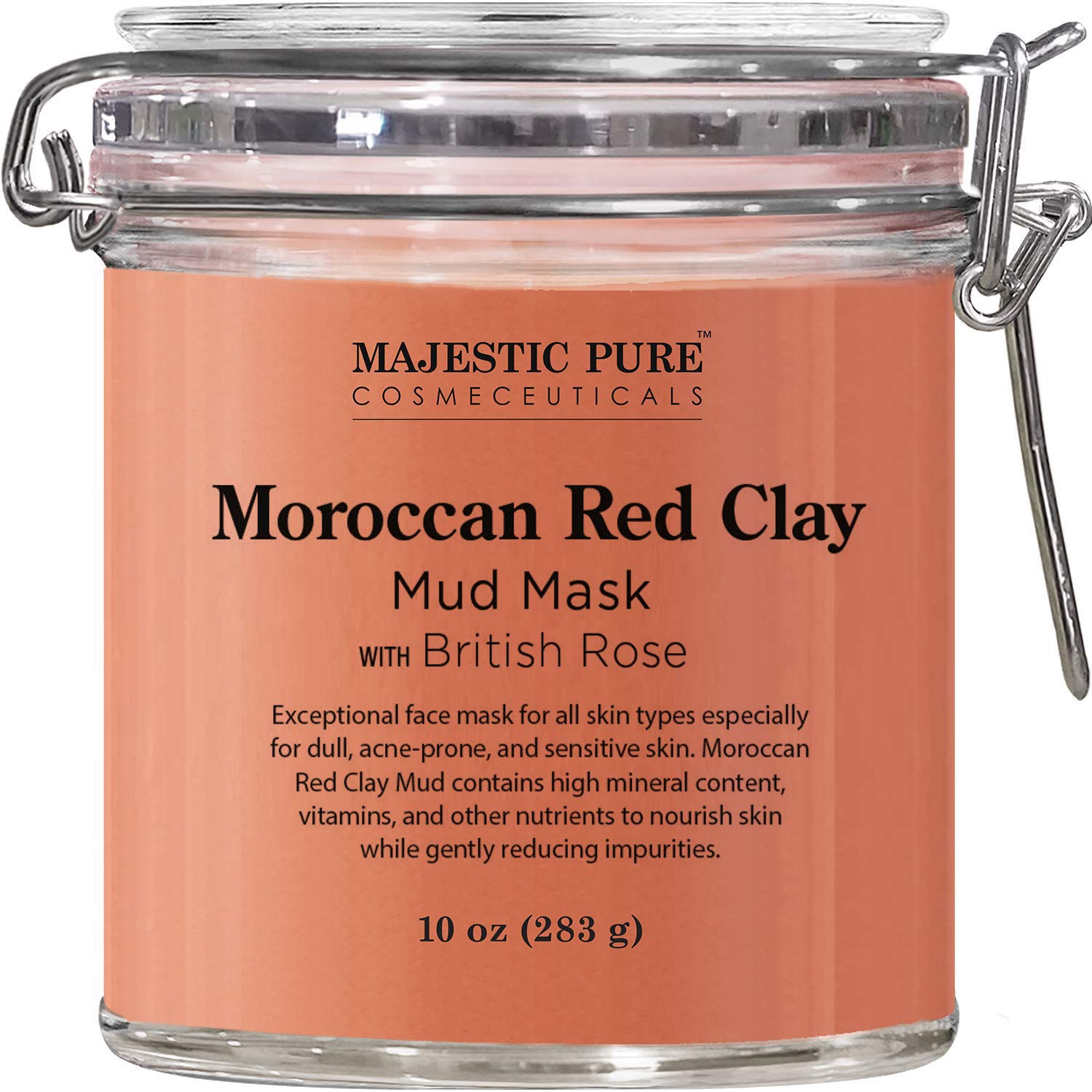 Top 10 Skin Care For Red Skin - The Best Home
Top 10 Skin Care For Red Skin - The Best Home
 I Tried It: Color-Correcting Treatments for Red, Sensitive Skin
I Tried It: Color-Correcting Treatments for Red, Sensitive Skin
 These 8 Products Work Wonders On Red, Sensitive Skin | Splotchy skin
These 8 Products Work Wonders On Red, Sensitive Skin | Splotchy skin
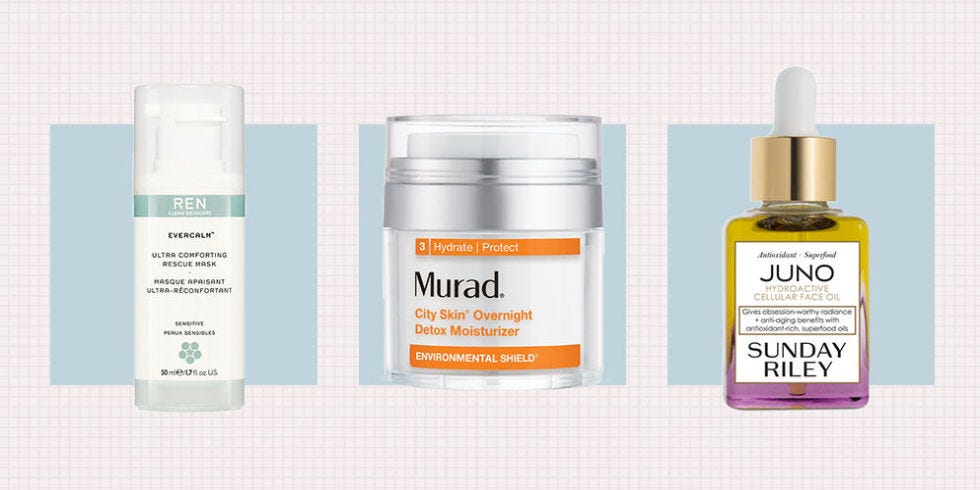 14 Best Sensitive Skin Care Products - Makeup, Face Wash and
14 Best Sensitive Skin Care Products - Makeup, Face Wash and
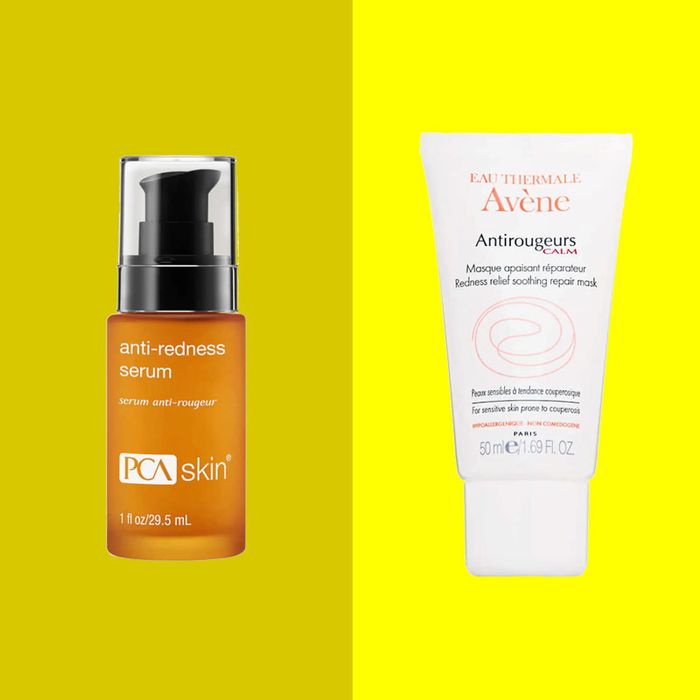 10 Best Products for Sensitive Skin 2021 | The Strategist
10 Best Products for Sensitive Skin 2021 | The Strategist
 Best Anti-Redness Skin Care Products|
Best Anti-Redness Skin Care Products|
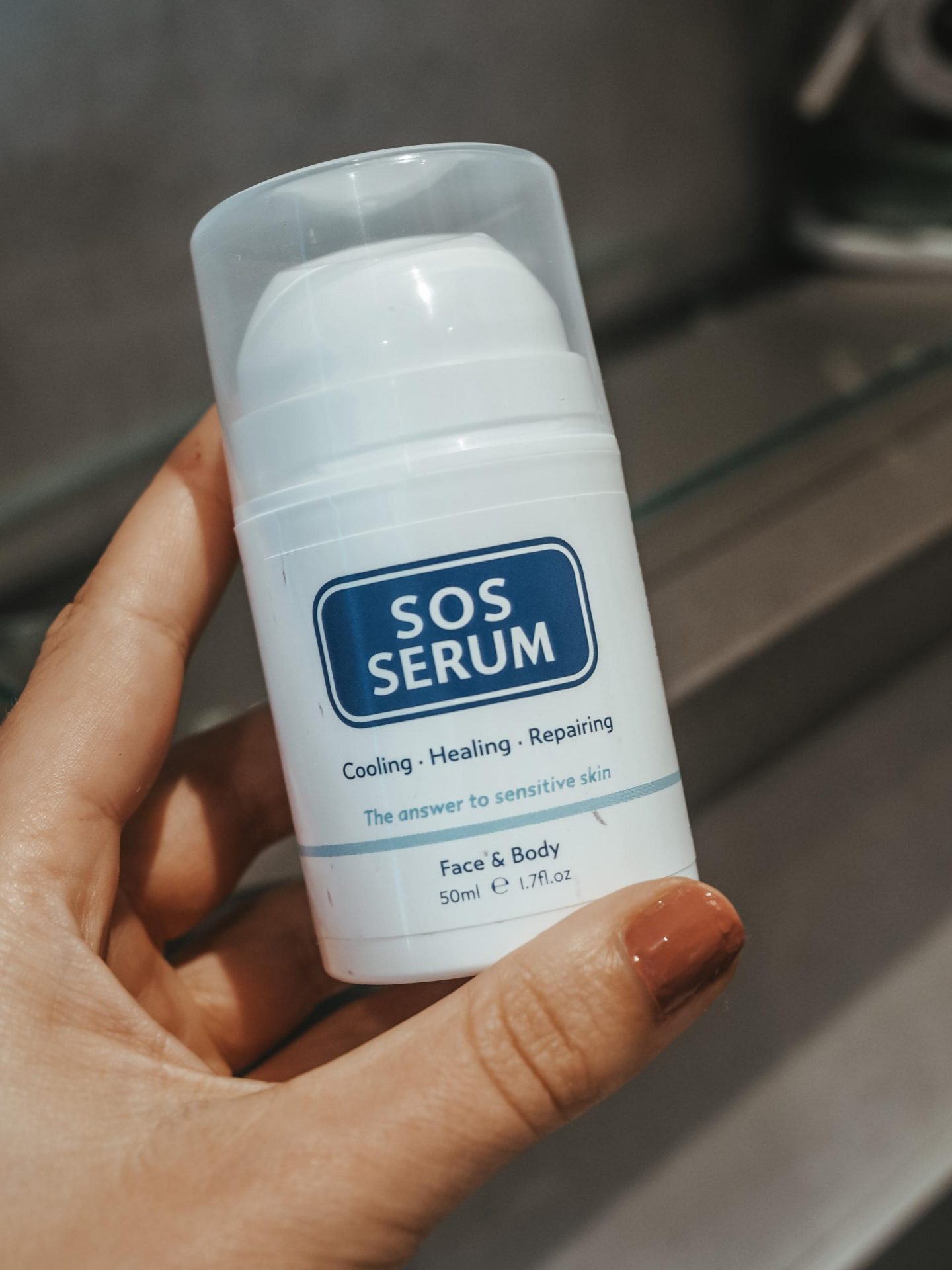 The Best Skincare For Sensitive Skin: The Products You Need ASAP
The Best Skincare For Sensitive Skin: The Products You Need ASAP
 Understanding And Addressing Facial Redness: A Comprehensive Guide To
Understanding And Addressing Facial Redness: A Comprehensive Guide To
 Best Face Wash For Rosacea & Redness | Best facial wash, Skin cleanser
Best Face Wash For Rosacea & Redness | Best facial wash, Skin cleanser
 Skincare Routine for sensitive skin The perfect guide for how deal
Skincare Routine for sensitive skin The perfect guide for how deal
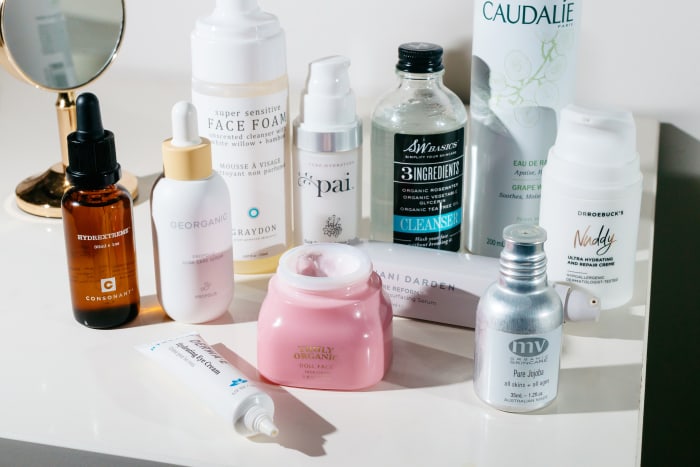 Skincare for Sensitive Skin: 28 Best Fragrance-Free Products - The
Skincare for Sensitive Skin: 28 Best Fragrance-Free Products - The
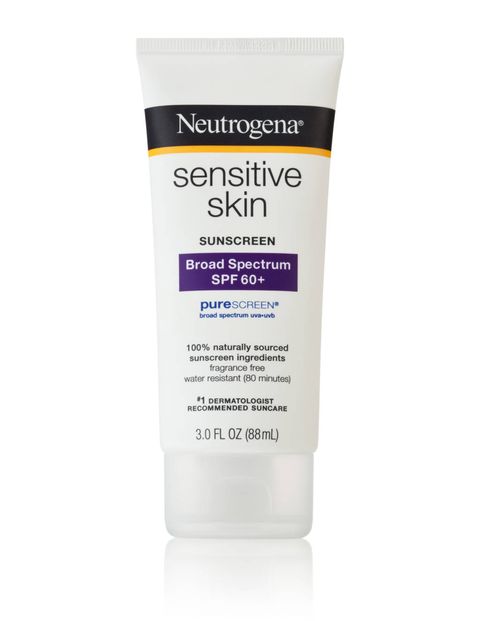 18 of the Best Beauty Products for Sensitive Skin
18 of the Best Beauty Products for Sensitive Skin
/sensitive-skin-face-moisturizers-791d6abd674b48b3a36f72076f410572-ccd0df99471a4509be1e0bfd02b77717.gif) The 12 Best Face Moisturizers for Sensitive Skin of 2021
The 12 Best Face Moisturizers for Sensitive Skin of 2021
 Best Facial Treatment For Sensitive Skin
Best Facial Treatment For Sensitive Skin
 The Best Korean Beauty Products to Reduce Redness & Inflammation
The Best Korean Beauty Products to Reduce Redness & Inflammation
 I Recommend WPX Hosting | Clinique redness solutions, Clinique redness
I Recommend WPX Hosting | Clinique redness solutions, Clinique redness
 The Best Skin Care Brands - The 30+ Skincare Brands We Love
The Best Skin Care Brands - The 30+ Skincare Brands We Love
:max_bytes(150000):strip_icc()/71Szgiet1XL._SL1500_-12f64a3c14924dc8ab982fa99a9ebe9c.jpg) The 10 Best Moisturizers for Redness in 2022
The 10 Best Moisturizers for Redness in 2022
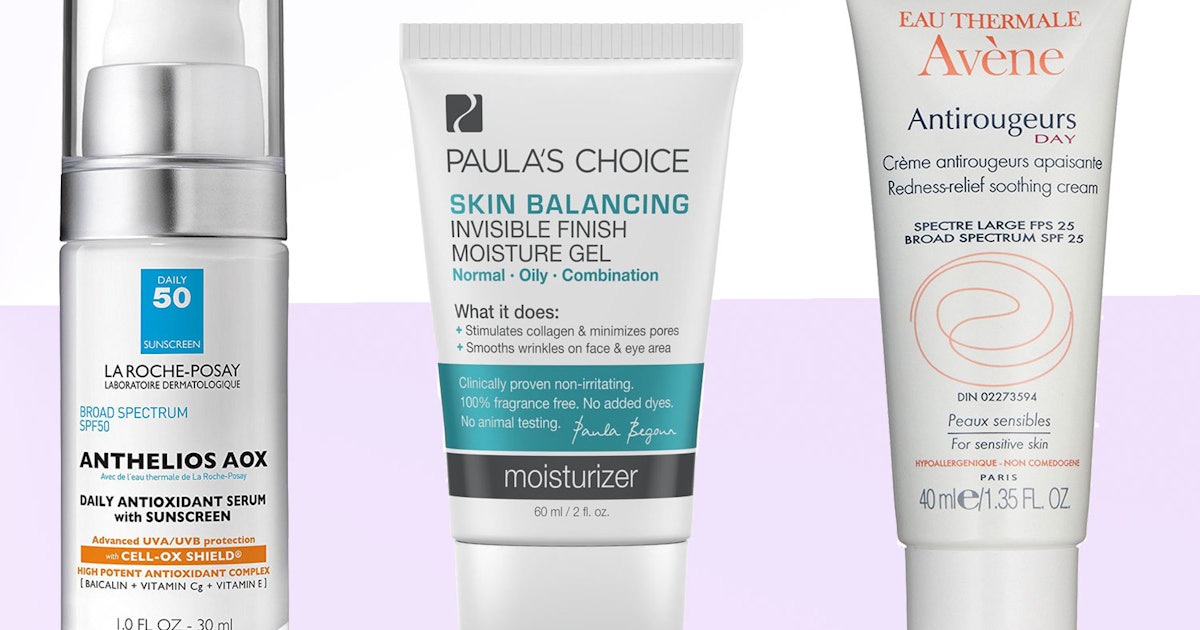 The 6 Best Moisturizers For Redness
The 6 Best Moisturizers For Redness
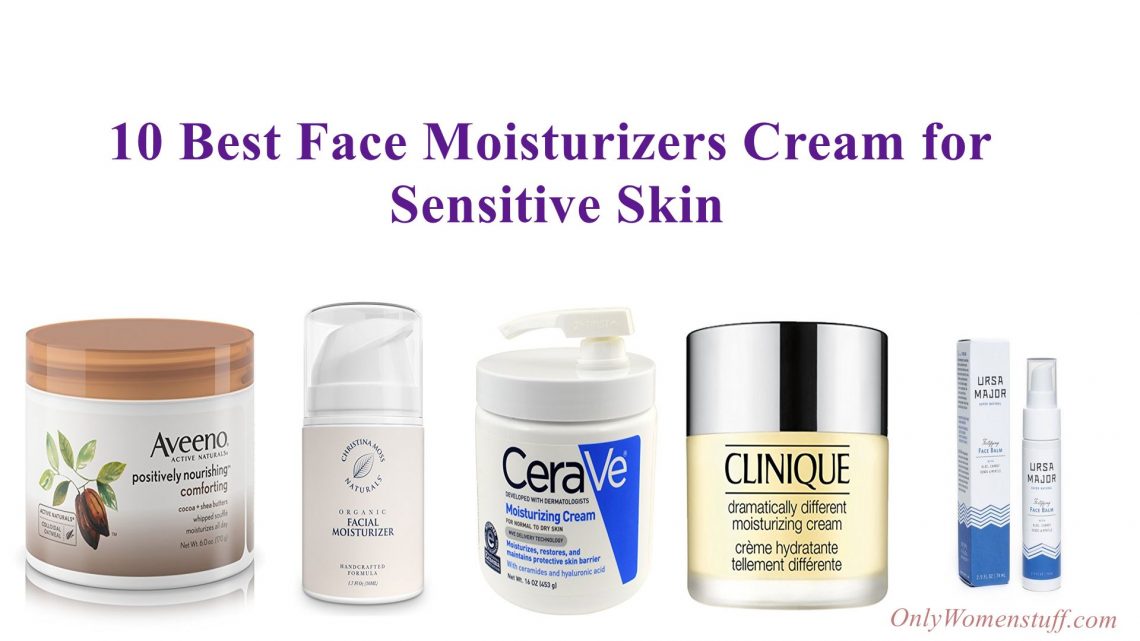 10 Best Face Moisturizers Cream for Sensitive Skin
10 Best Face Moisturizers Cream for Sensitive Skin
 Eucerin Redness Relief Facial Cleanser, Sensitive and Redness-prone
Eucerin Redness Relief Facial Cleanser, Sensitive and Redness-prone
 The Best Skincare Products for Sensitive Skin: A Comprehensive Guide
The Best Skincare Products for Sensitive Skin: A Comprehensive Guide
 Skin Care Products for Sensitive Skin - Rijal's Blog
Skin Care Products for Sensitive Skin - Rijal's Blog
